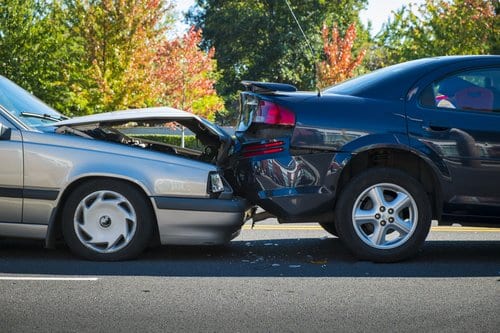Can an Out of State Resident Claim PIP Benefits under the Michigan Revised No-Fault Act?
Can an Out of State Resident Claim PIP Benefits under the Michigan Revised No-Fault Act?
January 29, 2020
So, the short answer to this question is “maybe.” Whether the out of state resident can claim personal injury protection (or PIP) benefits for items such as medical services or lost wages will depend largely on the date of the accident. Under the prior rules in force before June 11, 2019, Out-of-state polices were effectively reformed to Michigan PIP policies, meaning they had unlimited medical benefits, when thethe accident occurred in Michigan and if the insurer was certified to do business in Michigan. Therefore, large companies like AAA and State Farm, even if they insured an Ohio resident, might still be liable to pay benefits. However, Effective June 11, 2019, the Michigan No-Fault Act was amended to provide that Michigan PIP benefits were only available to out-of-staters if they own and register a Michigan vehicle.
The statute reads as follows:
MCL 500.3163: “An insurer authorized to transact automobile liability insurance and personal and property protection insurance in this state is not required to provide personal protection insurance or property protection insurance benefits under this chapter for accidental bodily injury or property damage occurring in this state arising from the ownership, operation, maintenance, or use of a motor vehicle as a motor vehicle by an out-of-state resident who is insured under the insurer’s automobile liability insurance policies, unless the out-of-state resident is the owner of a motor vehicle that is registered and insured in this state.”
But here’s the problem with this idea. In how many circumstances are we going to have someone who owns a vehicle that is registered in Michigan, but lives out of state? Very few people would register their vehicle outside of their state of primary residence, so if they primarily live outside of Michigan, it seems unlikely they would ever bother to register their vehicle. Effectively, therefore, it seems to this author that 99% of out-of-staters would become ineligible for PIP benefits under this new rule.
BUT WAIT. This provision became effective as of June 11, 2019 officially, but the sudden change in law has caused much confusion, even within the government that passed this new act. On September 20th, 2019, the Department of Insurance and Financial Services (DIFS) issued this opinion (http://yourrights.wpengine.com/wp-content/uploads/attachments/PA21-22_19-048-M_666376_7.pdf), which indicates that not all of the new provisions of the law come into effect until such time as the new policies have been approved of by the DIFS. Therefore, for those accidents occurring after June 11, 2019 but before the new policies are approved, which presumably will be effective on July 2, 2020, there is a chance that out-of-state residents might still be eligible for PIP benefits.
And in fact, this author has had at least one insurer accept and issue payments for benefits to an out of state resident whose accident fell between these dates -AND also an insurer that did the exact opposite -denying all benefits. Moreover, because the DIFS opinion is at least arguably odds with the language of the one specific statutory provision while attempting to keep in concert with others, the only thing we can truly be certain of is that litigation and the courts will ultimately interpret the revised no-fault act and that no-one can guarantee any outcome for those out-of-staters caught in the crossfire.
John T. Schroder, Esq.
Law Offices of Joumana Kayrouz
805




